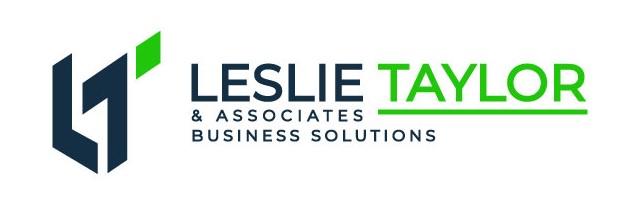As a child of the 70s I remember the days of cash. I remember layaway. I remember that tiny room at the back of stores where you took your great find and made a partial payment because you didn’t have enough cash at that moment to take it home. I remember cash. That era of layaway ended years ago (although it has been reincarnated in recent years) in part because of credit cards. Most Americans want “it” now! RIGHT NOW!!!
I am no different.
I like nice things. There is nothing wrong with that as long as I have a plan for managing those likes along with the basic necessities like food, shelter, retirement, and Ben & Jerry’s The Tonight Dough Ice Cream!
On the other hand, there is the practical Leslie who right after graduating college read The Millionaire Next Door and took a personal finance class at the local community college.
I was that new college grad who wanted to do things the right way and these books helped me further educate myself because financial education was not a part of my school’s curriculum. Neither did my parents teach very much on this area. To give them credit, they did teach me by example about saving money, spending within your means, and budgeting.
Nowadays, our financial lives have become more complex. Many of us have mortgages, multiple credit cards, student loans, 401Ks, investment accounts, business loans, a spouse or partner who is also be spending from the same accounts, etc. Most of us are keeping up with this all this by ourselves.
Add to that the fact that we as a nation are lacking in our knowledge of finances.

According to FINRA, the Financial Industry Regulatory Authority,
“Americans demonstrate relatively low levels of financial literacy and have difficulty applying financial decision-making skills to real life situations. Study participants were asked five questions covering aspects of economics and finance encountered in everyday life. In the U.S., 66% are unable to answer more than three of the five questions correctly.”
Two issues in the statement jump out to me
- Lack of knowledge
- Failure to apply knowledge
This issue is a double one for business owners because even if you have your business financial life in order, if the personal side is a mess, you’re still in trouble. The reverse is also true. And for owners who don’t get this under control, success is nearly impossible to maintain.
I want to encourage you to keep learning. Whether you know a little, a lot, or are intimidated by numbers all together.
I come across business owners who have negative histories or traumas related to money. These experiences may create either an aversion to personal or business finances, or an unhealthy drive to accomplish and acquire.
If any of what I described above is you, this article is especially for you. Start somewhere. Anywhere. Level up on your financial knowledge.

Check out these reads:
The Wall Street Journal Guide to Understanding Money and Investing
The Wall Street Journal Guide to Understanding Personal Finance
The second area FINRA identified had to do with application or practice. Here are a few apps to help manage personal cash:
Mint – We currently use Mint. We like the real time (or very close to real time) account information. It helps us manage and track all the money in one place by giving us visibility on our accounts and how we are spending. As well we can track and compare spending with with our budget.
Quicken – We used this one for several years. It functions similarly to Mint. It pulls the numbers from your accounts and allows you to track spending against a budget.
You Need a Budget (YNAB) – I have not used this app, but know of several business friends who use it successfully.
On the business side of things here are a few ways to level up and learn more…
TAKE A CLASS- While opportunities abound on the internet, make sure you seek courses that are credible and designed expressly for business owners or managers (not for accounts or CPAs). Even if you are able to comprehend the content created for financial professionals, this is simply overkill and a waste of your time. Watch my social handles as I will be posting about upcoming classes during this month of April.
ASK QUESTIONS – Ask your financial pro what things mean if you don’t understand something. It is your money/business/personal investments. The only one hurt is you if you don’t understand something.
FIND A PRO- Even if you hire someone to help in your business, I still recommend some level of basic financial education . If you haven’t already read my article on how to hire a pro for your business go here–> Selecting Your Financial Advisory Team
Of course, if you need help on the business side, reach out to us by emailing info@ltaylorassociates.com.

